Everything
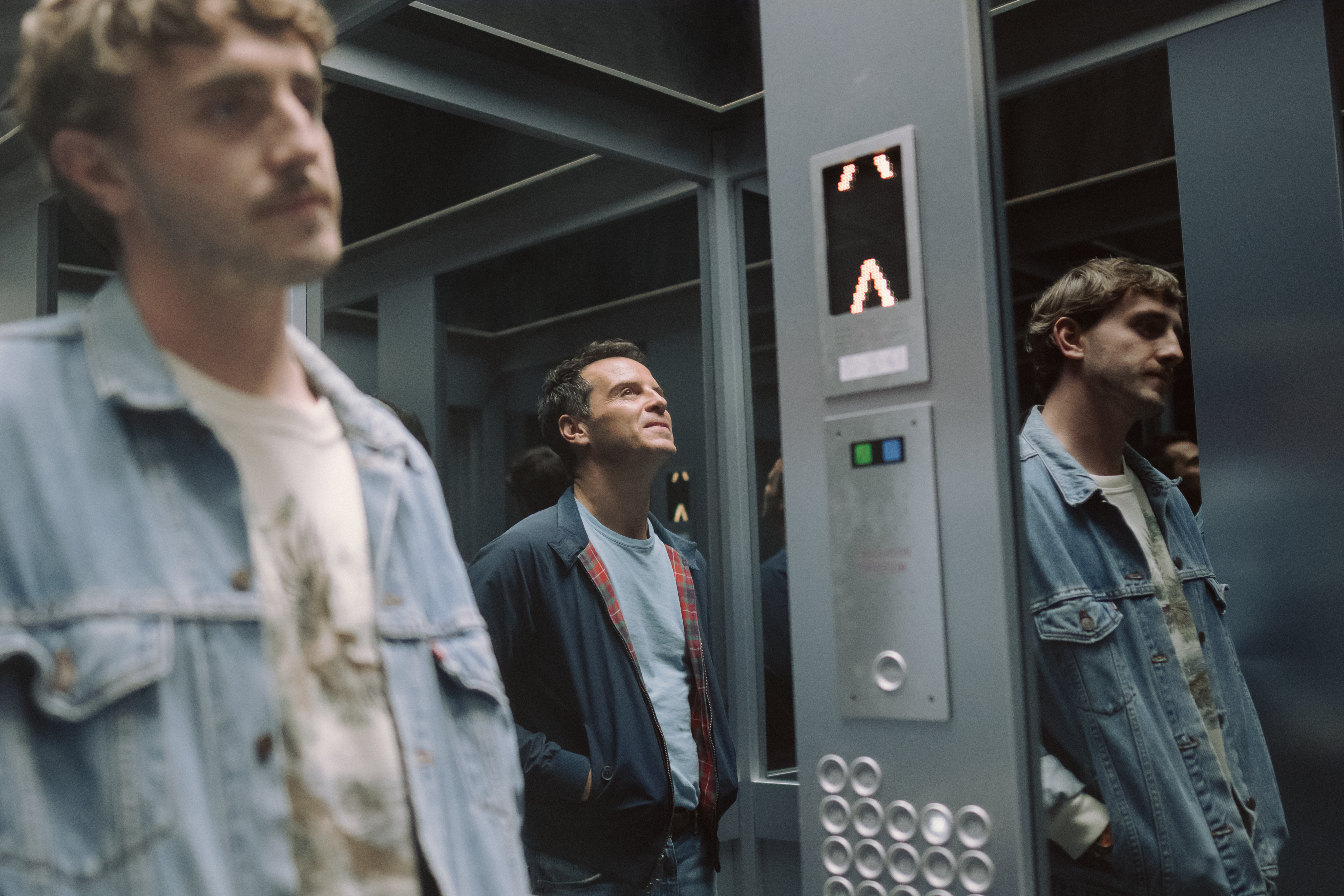
Content warning: Spoilers for All Of Us Strangers are below.
Reality—or more accurately, the desire to manifest an illusion into something tangible—converges centre stage with the overcoming power of love in Andrew Haigh’s All Of Us Strangers.
The film, just released in Australian theatres, was billed as a “fantasy-supernatural romance”, with critics dubbing it one of the best films of 2023. The former description doesn’t quite accurately capture the essence of the melancholy and quiet effervesce that permeates the drama, but it’s titling enough—a fitting quality given its a queer romance—to warrant a trip to the cinema (and a popcorn and drink combo).
Andrew Scott (Fleabag’s “Hot Priest“) helms the film as Adam, a lonely, depressed writer still reeling from the traumatic loss of his parents at age 12. His unexpected relationship with his spirited neighbour, Harry (Paul Mescal, of the Connell’s chain variety), and the apparitions of his deceased parents (played by Claire Foy and Jamie Bell), propels the audience on a journey of metaphysical introspection that spans time, space and materiality.
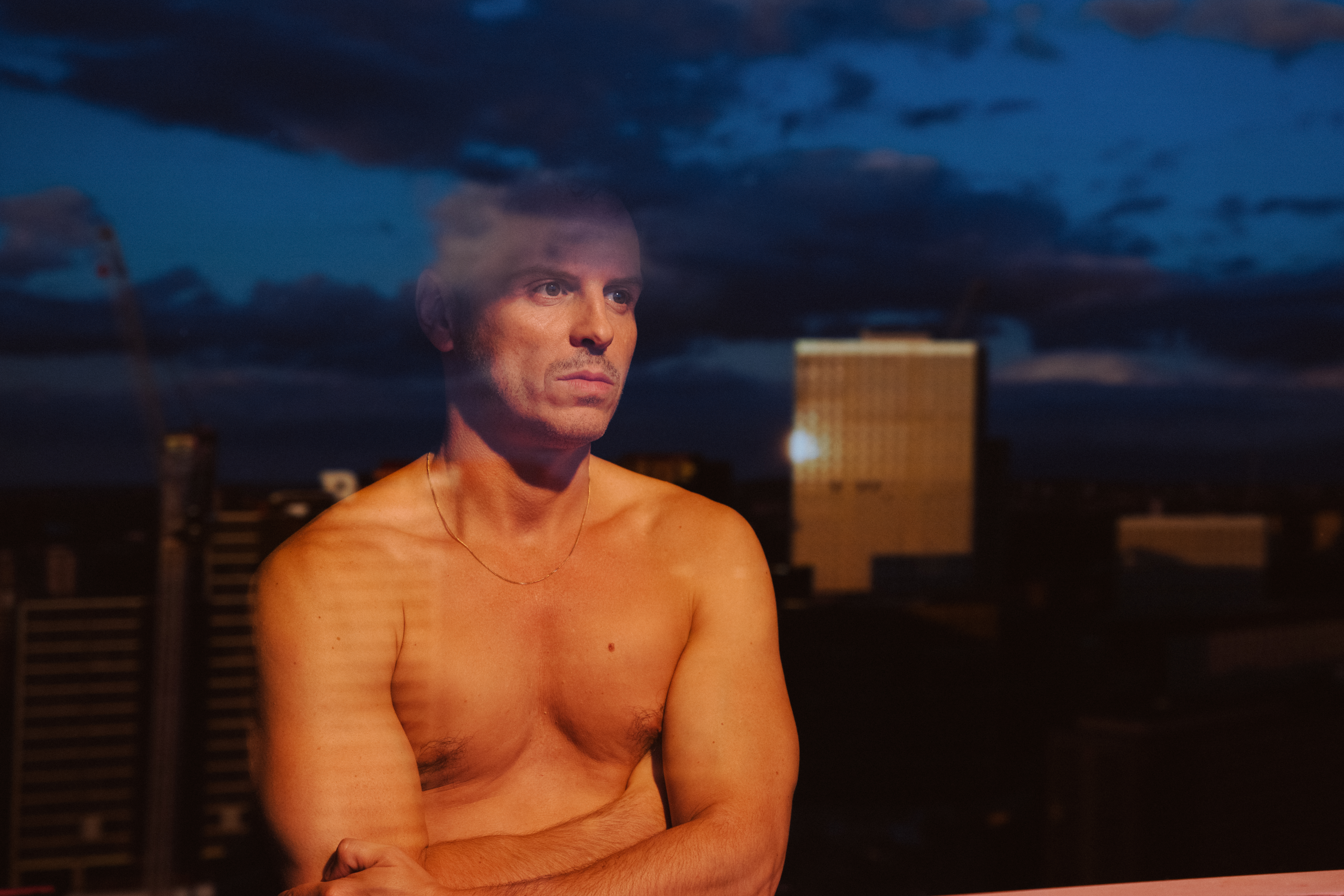
Humans have been captivated by ghost stories since time immemorial. But unlike the comedic frivolity of Casper or the thriller vein of Ghost, Haigh spends the hour and 45 minute run time pondering on phantoms we keep to ourselves and the shadows of our past we choose to share. Just because something is a memory, does that make it any less real?
These themes come to a head in the latter half of All Of Us Strangers’ third act. It’s at this stage that Haigh notably departs from the source material—the 1987 novel “Strangers” written by Japanese author Taichi Yamada—offering a more hopeful (albeit heartbreaking) conclusion than the gothic ending presented in the book.
In an idle alienation, Scott’s powerful performance forces us to muse on our own half-baked truths. The “what could’ve beens” that perpetually haunt us in middle age. Of course, if you have already had the pleasure of seeing the film, you’ll know of the final twist of the knife that underscored the scenes of 80s British suburbia, drug-fuelled night clubs and sunsets over transient places.
Perhaps you saw the ending coming, sensing the Black Mirror-esque quality of cinematography and screenwriting that the proverbial climactic penny was about to drop. Ahead, we untangle the ending of All Of Us Strangers, separating actuality from the imagined.
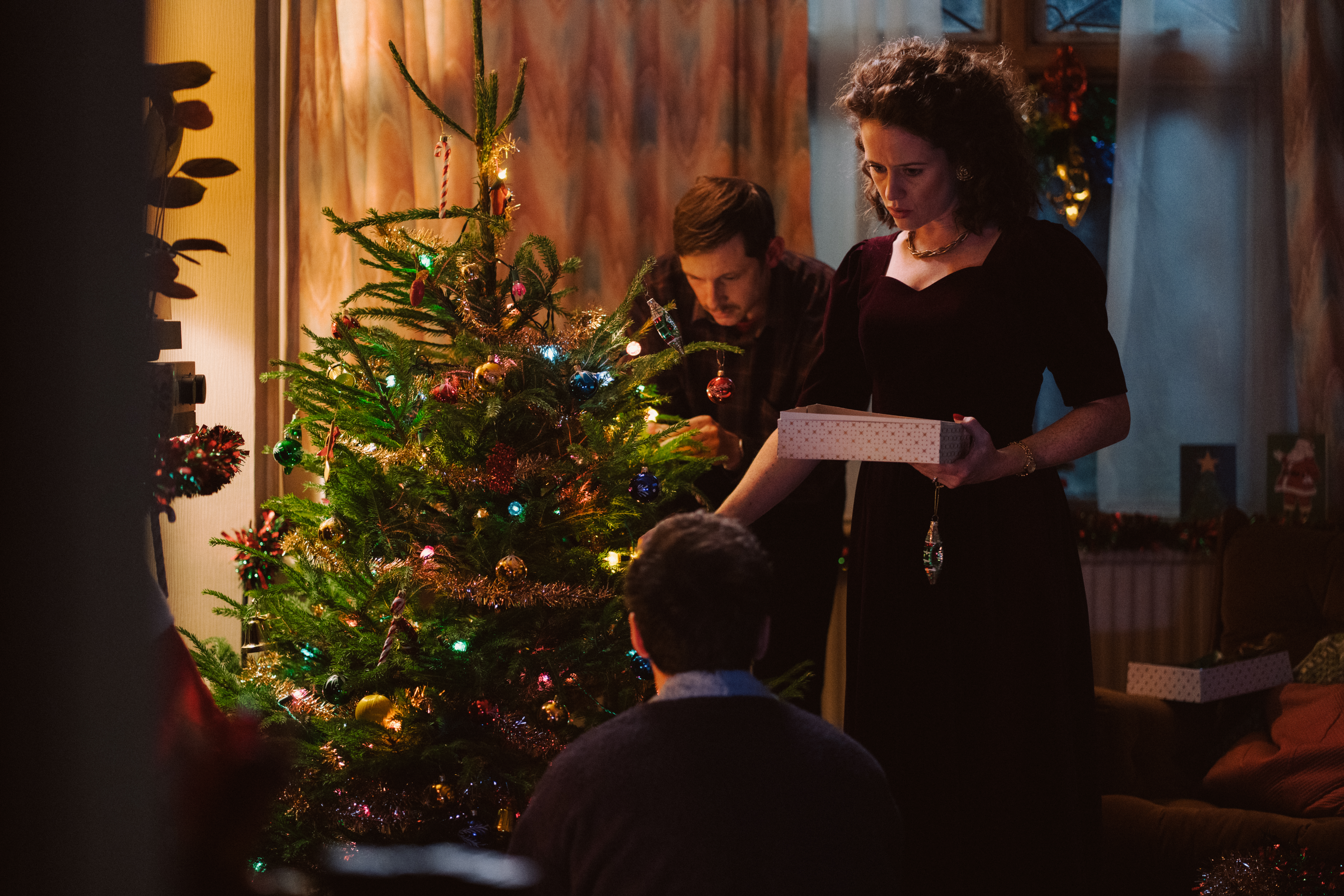
The Ending Of All Of Us Strangers, Explained
To the discerning eye, the ending of All Of Us Strangers is given away within the first 30 minutes of the film. As we uncover, Adam’s immense loss evolved into illusions of both his parents and Harry with the final moments revealing that his relationships were never real.
After relinquishing his parents to the ether at their request, Adam returns to reunite with Harry in the hopes of finally overcoming his bereavement. Rather than finding his boyfriend, Adam stumbles upon Harry’s deceased body, realising that he had died right after rejecting him the night they first met. (“I was just so afraid that night, I couldn’t be alone,” Harry’s ghost offers.)
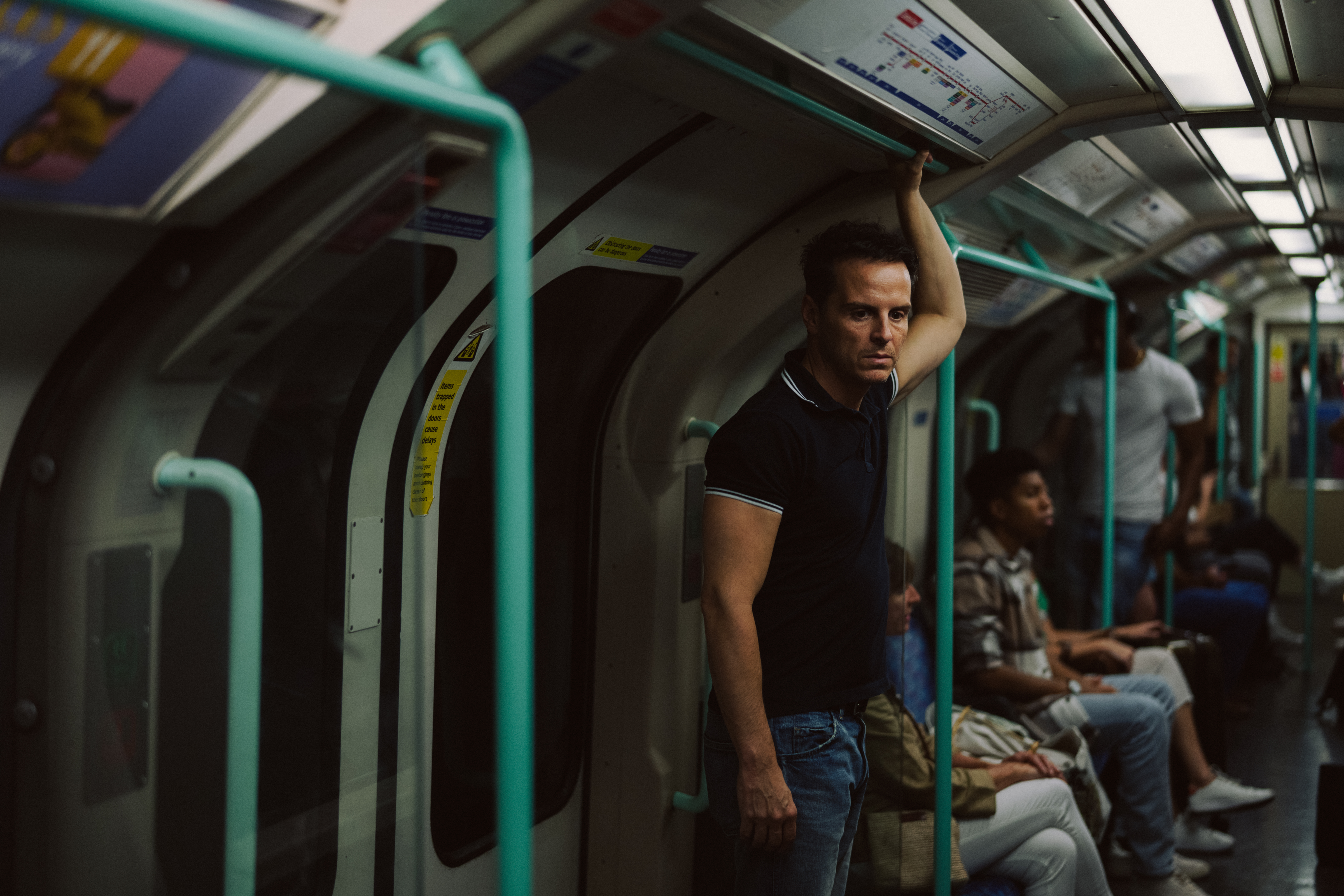
After the scene where Adam refuses Harry’s drunken advances for company, Harry is mostly seen in Adam’s barren room. (Save for several sequences of delusion, including the drug-induced montage and when Adam takes Harry to meet his parents.) A narrator who spends half his time conversing with memories of his deceased family is in no way a reliable one, so audiences should’ve predicted that Adam’s only other relationship in the film wouldn’t be straightforward.
Eventually, Adam takes to consoling Harry’s ghost, promising he’ll “protect you from the hooded claw” and “keep the vampires from your door” as the tune of Frankie Goes To Hollywood’s “The Power Of Love” begins to play. The film ends with Adam and Harry embraced on his bed as the camera slowly pans out. Their bodies meld together to become a beam of light against a sea of black, as more sparks appear suggesting that their love story is anything but solitary. As the lyrics of the song remind us, “love is the light scaring darkness away”.
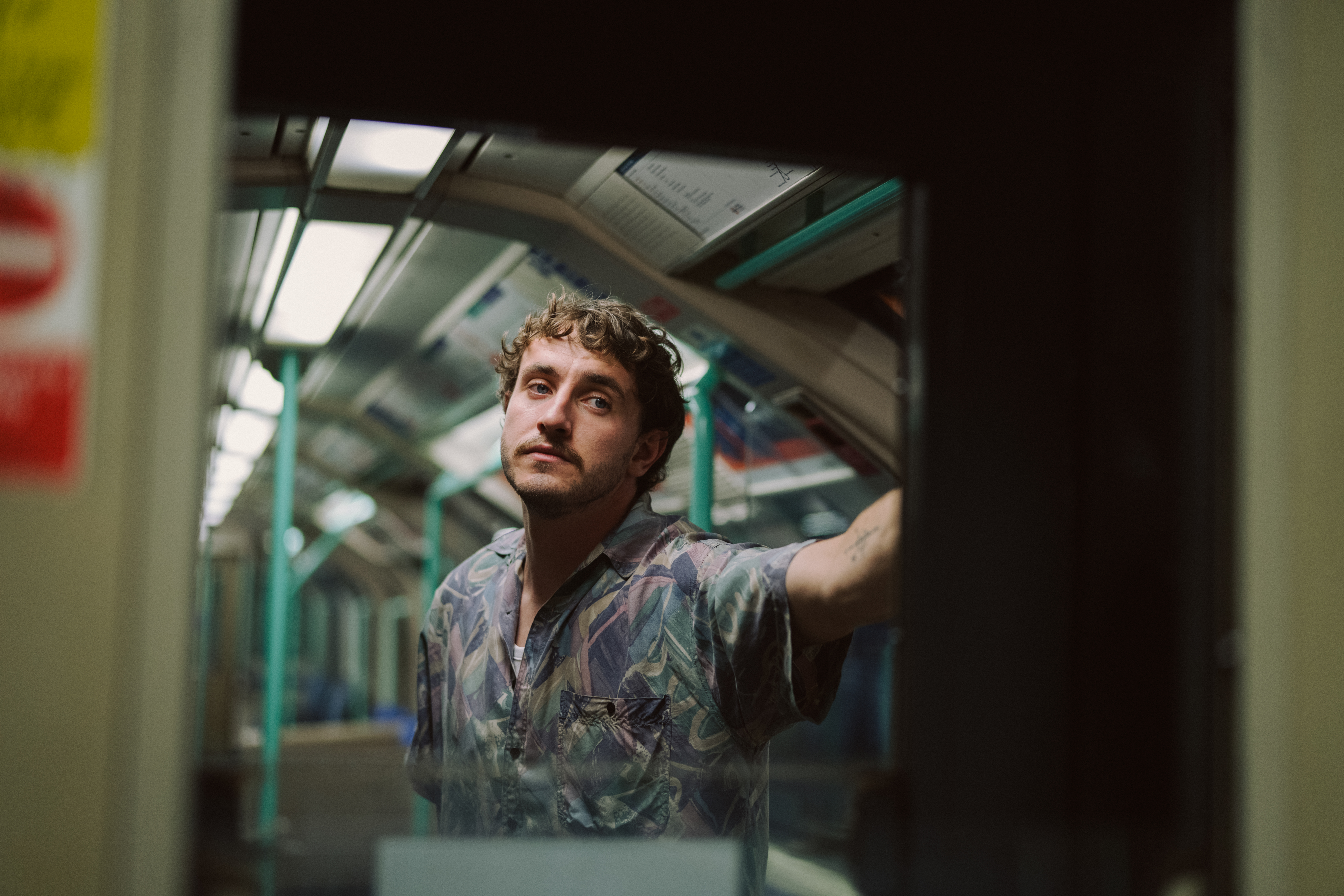
It’s a poignant end that showcases the best the medium of film has to offer, but perhaps one that could’ve used refining. I was left wondering if even Adam himself had passed over, with his abandoned London apartment block and reliving of his childhood as an adult a metaphor for limbo as he seeks closure from past trauma.
Moviegoers who enjoy a cerebral experience, rather than something overtly literal, will enjoy the film. All Of Us Strangers is an embodiment of loss, grief and the unwritten narratives we tell ourselves to get by.
Combine harrowing scenes of Adam’s parents finally providing catharsis (with the irony being it can only come after death), earnest discussions about the differences in growing up queer, two Irish heartthrobs and a stellar 80s power ballad soundtrack and you’ll be left with a film encouraged to hold those you love a little tighter.
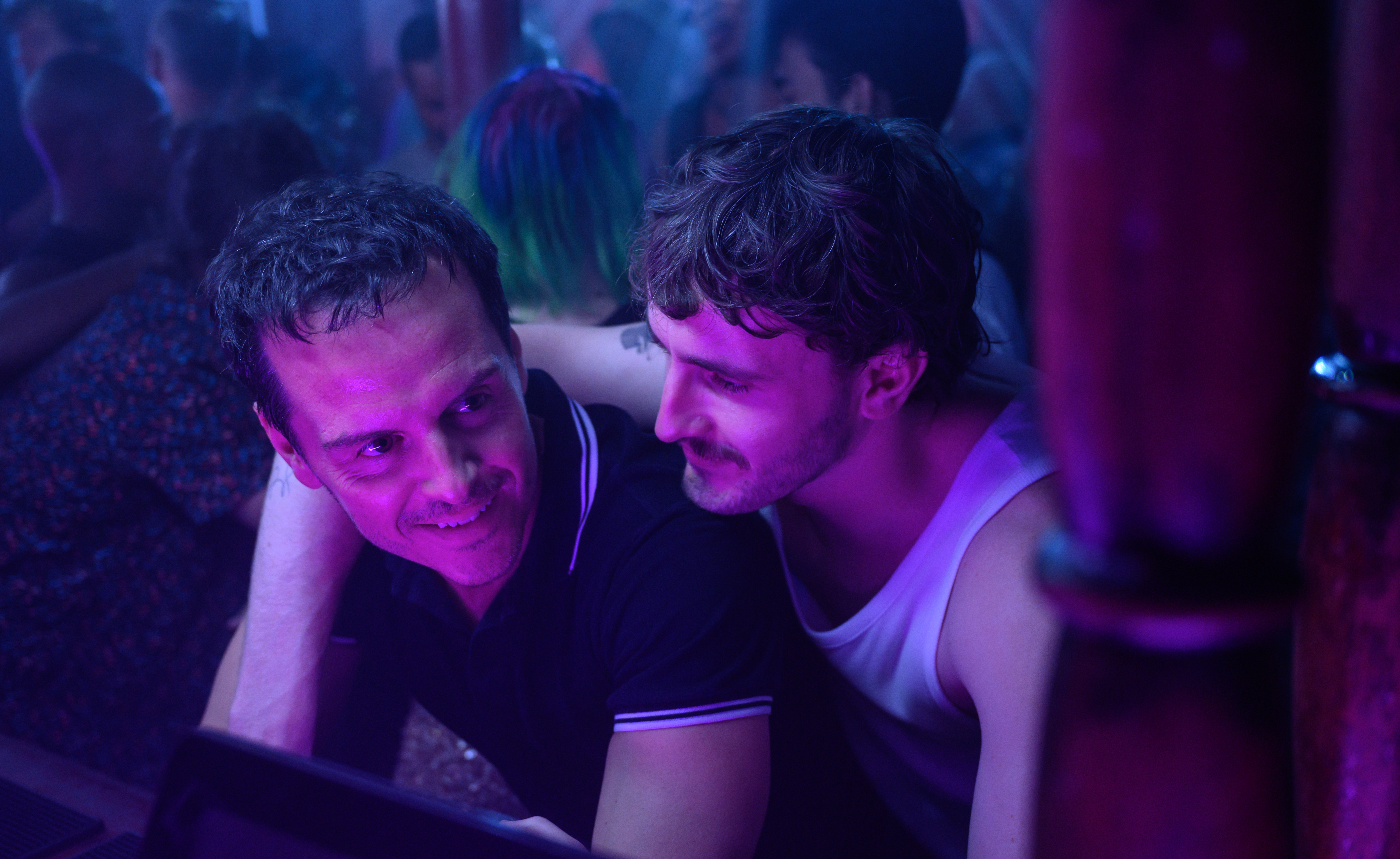
All Of Us Strangers is now showing in Australian theatres. Watch the trailer for the film below: